Creative Ways to Display Bible Verses in Your Living Room for Daily Encouragement
A living room holds more moments than people often realize. Families gather. Friends visit. Quiet hours unfold after long days. It is a space that shapes atmosphere and emotion. Adding Scripture to this room can strengthen peace and bring steady comfort. It offers reminders that guide the heart. It also creates a warm setting that feels purposeful. With resources from ChristianWalls, bringing verses into your living room does not require a complex design. It simply needs thoughtful placement and sincere intention. Small touches can shift the entire feel of the room.
Frame Scriptures as a Focal Point

A framed verse is one of the most familiar ways to highlight Scripture. Yet it never loses power. It draws attention without taking over the room. One well-chosen passage can direct the tone of a space. Large frames work well above sofas. Smaller ones fit alongside tables or console shelves. The key is picking a verse that speaks to the mood you want your home to reflect. This approach gives the room a steady anchor. It also keeps God’s Word visible through everyday life.
Create Canvas Art With Gentle Texture
Canvas art brings softness. It adds depth and quiet warmth. A verse printed on canvas feels subtle yet meaningful. It also blends well with most décor styles. You can choose neutral colors for a calming effect or deeper tones for a stronger impression. Canvas offers a unique presence because it feels handcrafted. Its texture helps the verse stand out without being overwhelming. When placed at eye level, it encourages reflection whenever someone passes by. It becomes part of the room in a natural way.
Put Scripture on Shelves and Mantels
Shelves and mantels allow Scripture to sit alongside books, plants, or personal items. This creates a layered look that feels lived-in. A small plaque or verse card can rest between décor pieces. It keeps the message close without dominating the space. This placement works well for shorter passages. It also makes it easy to switch verses during different seasons or moments. A simple rotation can refresh the room’s tone. Your living room stays steady, yet the Scripture continues to speak in new ways.
Add Scripture Through Wall Decals

Wall decals offer a clean and modern way to integrate Scripture. They apply easily and remove without damage. This makes them helpful for renters or homeowners who want something flexible. Decals can stretch across a wall or sit above entryways. They can also frame gathering areas. Their simplicity keeps the message clear. It also allows you to size the verse to fit your space. Decals help ensure the verse stays visible without needing frames or added pieces.
Use Lighted Scripture Displays
Light adds emotion. When paired with Scripture, it creates an atmosphere of calm and warmth. A lighted sign or backlit frame can bring a verse to life. It gently illuminates the room during evenings. It also draws focus without harsh brightness. This approach works well near reading corners or beside entertainment areas. Lighted displays make Scripture feel present even when the room grows quiet. They offer a peaceful glow that lingers beyond the words themselves.
Pair Scripture With Family Photos
Pairing Scripture with family photos creates a meaningful gallery. The verse ties the images together. It strengthens the overall story that the wall tells. A verse placed at the center brings unity to the arrangement. It blends faith with memories. This combination creates a display that feels heartfelt and steady. Visitors notice it. More importantly, your family lives with it. The gallery becomes a daily reminder of grace, connection, and purpose. It fills the room with both beauty and truth.
Incorporate Scripture Through Textiles and Decorative Items

Textiles introduce Scripture with comfort. A pillow with a short verse adds gentle, faith-filled detail. Throws with subtle words or patterns can shape the mood without drawing too much attention. These pieces work well in homes …








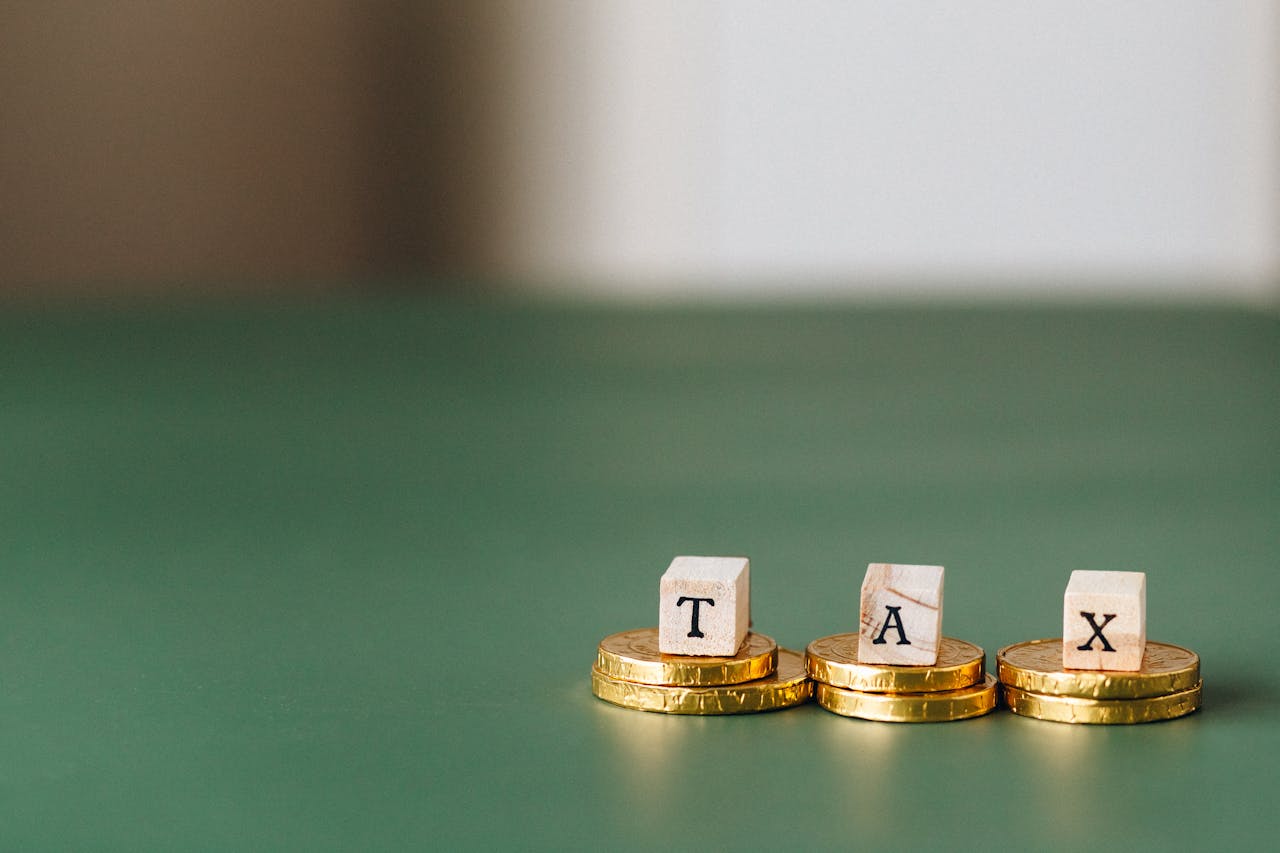





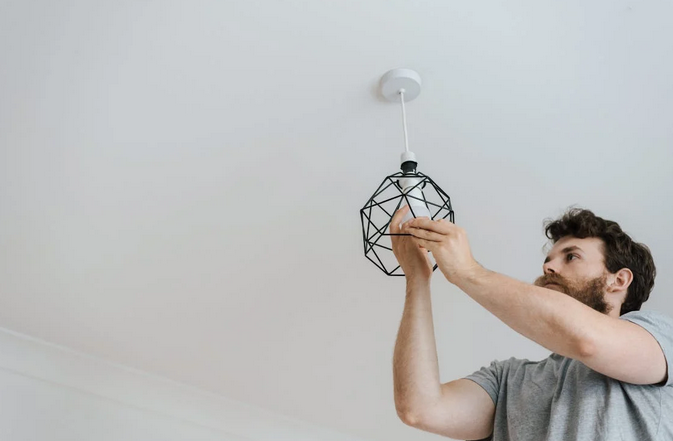
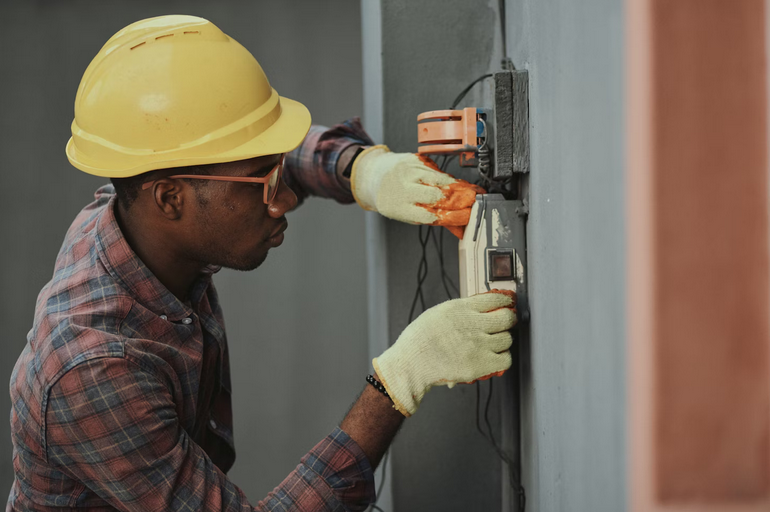
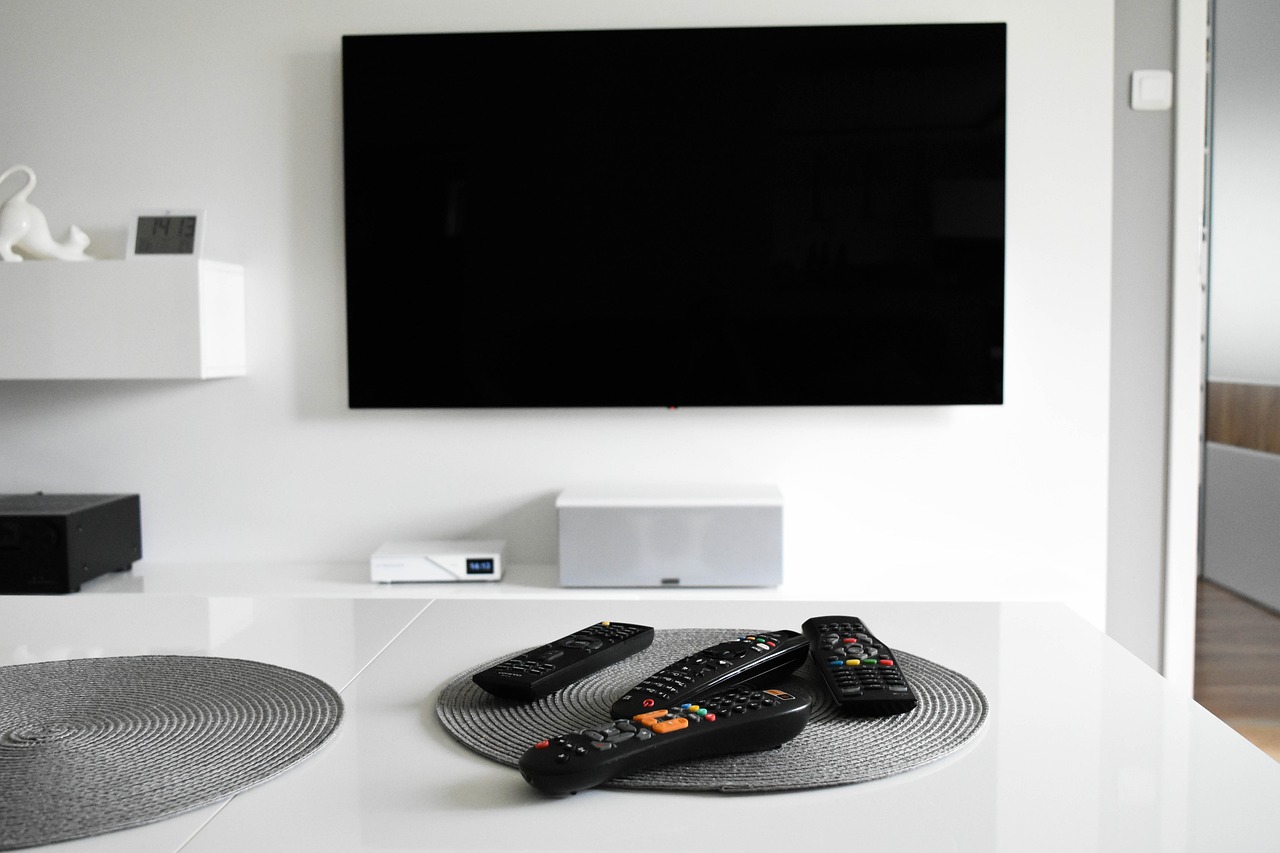
 Mounting your TV on the wall can instantly elevate its presence in the room. Wall-mounted TVs create a sleek, modern look that frees up floor space. Consider different mounting options to suit your style. A tilting mount allows you to adjust the angle for optimal viewing from various seating areas. Alternatively, a full-motion mount lets you swivel and extend the screen as needed. If you’re aiming for an artistic touch, explore decorative frames or custom cabinetry designed around your TV.
Mounting your TV on the wall can instantly elevate its presence in the room. Wall-mounted TVs create a sleek, modern look that frees up floor space. Consider different mounting options to suit your style. A tilting mount allows you to adjust the angle for optimal viewing from various seating areas. Alternatively, a full-motion mount lets you swivel and extend the screen as needed. If you’re aiming for an artistic touch, explore decorative frames or custom cabinetry designed around your TV.

 Before you invest in any equipment, it’s essential to clarify what you want to achieve with your home gym. Are you focusing on strength training, cardio, flexibility, or a combination? Your fitness goals will guide your equipment choices and the layout of your space. For example, if you aim to build muscle, you might prioritize free weights and resistance bands. On the other hand, if cardio is your primary focus, a treadmill or stationary bike could be central to your setup.
Before you invest in any equipment, it’s essential to clarify what you want to achieve with your home gym. Are you focusing on strength training, cardio, flexibility, or a combination? Your fitness goals will guide your equipment choices and the layout of your space. For example, if you aim to build muscle, you might prioritize free weights and resistance bands. On the other hand, if cardio is your primary focus, a treadmill or stationary bike could be central to your setup. The right environment can make a big difference in how much you enjoy and stick to your workouts. Personalize your space with elements that motivate and inspire you, whether it’s a favorite workout playlist, inspiring posters, or a chalkboard for tracking progress. Ensure your home gym is comfortable and inviting so you’re more likely to use it regularly. Adding a TV or tablet stand can also make workouts more enjoyable, especially for following along with exercise videos or streaming classes.
The right environment can make a big difference in how much you enjoy and stick to your workouts. Personalize your space with elements that motivate and inspire you, whether it’s a favorite workout playlist, inspiring posters, or a chalkboard for tracking progress. Ensure your home gym is comfortable and inviting so you’re more likely to use it regularly. Adding a TV or tablet stand can also make workouts more enjoyable, especially for following along with exercise videos or streaming classes.





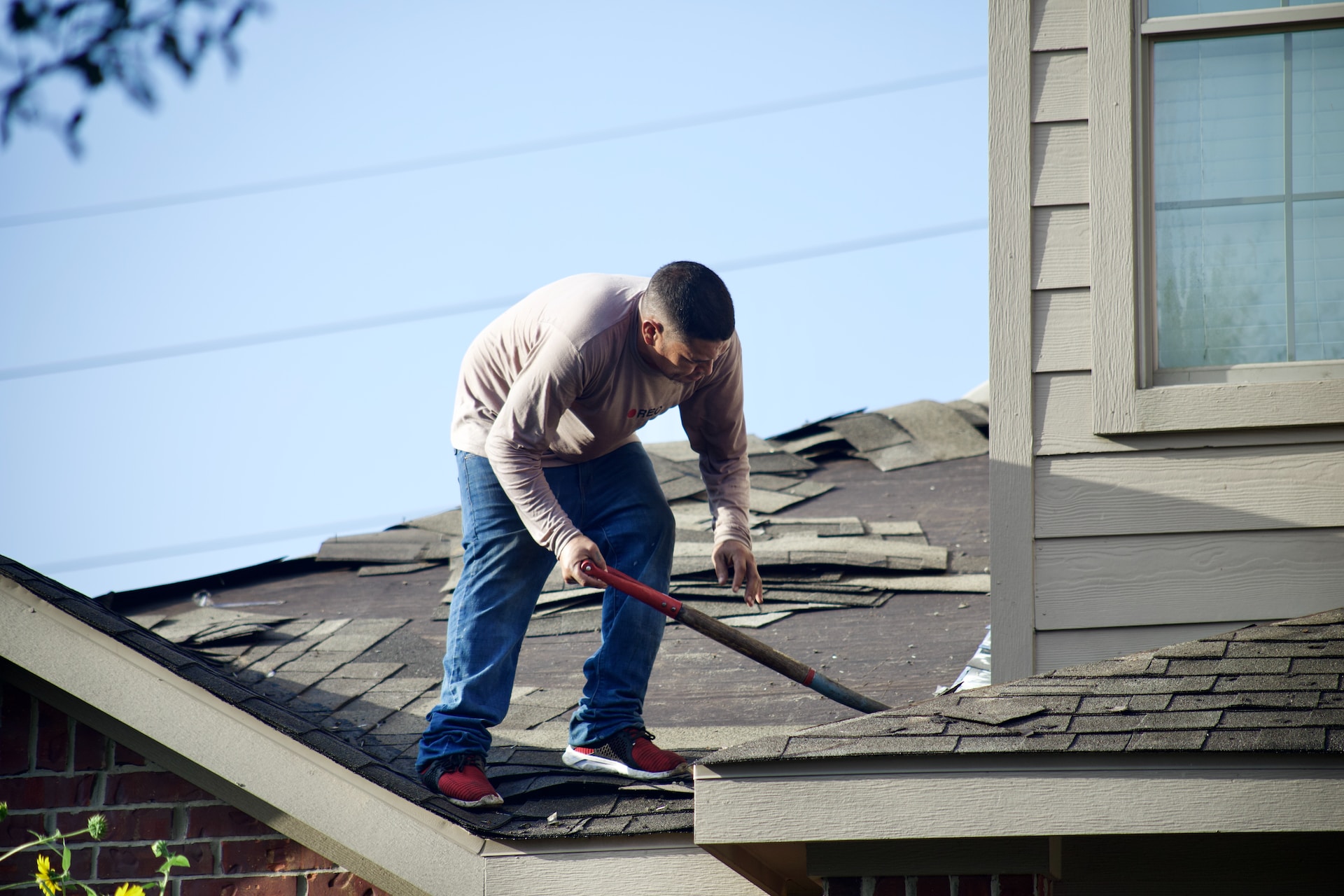
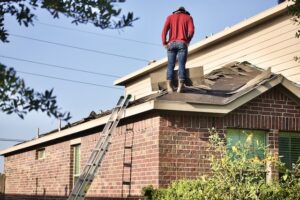 Asphalt shingles are a popular choice for homes in Minneapolis due to their affordability and durability. They are designed to withstand harsh weather conditions, including freezing temperatures and heavy snow loads. Asphalt shingles are available in a variety of styles and colors, allowing homeowners to choose the look that suits their preferences. Additionally, they are relatively easy to install and maintain, making them a practical choice for homeowners in Minneapolis.
Asphalt shingles are a popular choice for homes in Minneapolis due to their affordability and durability. They are designed to withstand harsh weather conditions, including freezing temperatures and heavy snow loads. Asphalt shingles are available in a variety of styles and colors, allowing homeowners to choose the look that suits their preferences. Additionally, they are relatively easy to install and maintain, making them a practical choice for homeowners in Minneapolis. Synthetic roofing materials, such as synthetic slate or shake, are gaining popularity in Minneapolis due to their durability and ability to mimic the appearance of natural materials. These synthetic options are made from various types of polymers and engineered to withstand extreme weather conditions. They are lightweight, resistant to fading and cracking, and have excellent water resistance.
Synthetic roofing materials, such as synthetic slate or shake, are gaining popularity in Minneapolis due to their durability and ability to mimic the appearance of natural materials. These synthetic options are made from various types of polymers and engineered to withstand extreme weather conditions. They are lightweight, resistant to fading and cracking, and have excellent water resistance.
 Finding an exclusive property should reflect your unique lifestyle preferences. Take the time to envision yourself living in different environments and consider what will truly make you feel at home in beautiful Costa Rica. After all, this investment is not just about the physical structure of the property but also about how well it aligns with your desired way of life. One key aspect to think about is whether you prefer a secluded and tranquil retreat or if you thrive on being in the heart of activity. Costa Rica offers a range of options, from properties set amidst lush rainforests to beachfront villas near bustling towns.
Finding an exclusive property should reflect your unique lifestyle preferences. Take the time to envision yourself living in different environments and consider what will truly make you feel at home in beautiful Costa Rica. After all, this investment is not just about the physical structure of the property but also about how well it aligns with your desired way of life. One key aspect to think about is whether you prefer a secluded and tranquil retreat or if you thrive on being in the heart of activity. Costa Rica offers a range of options, from properties set amidst lush rainforests to beachfront villas near bustling towns. Understanding the laws and regulations surrounding property ownership can help you avoid any future complications or issues. One important consideration is the process of acquiring property as a foreigner. In Costa Rica, foreigners basically share almost similar rights as the locals when speaking of owning property, making it an attractive destination for international buyers. However, there are still certain restrictions and requirements that must be met.
Understanding the laws and regulations surrounding property ownership can help you avoid any future complications or issues. One important consideration is the process of acquiring property as a foreigner. In Costa Rica, foreigners basically share almost similar rights as the locals when speaking of owning property, making it an attractive destination for international buyers. However, there are still certain restrictions and requirements that must be met.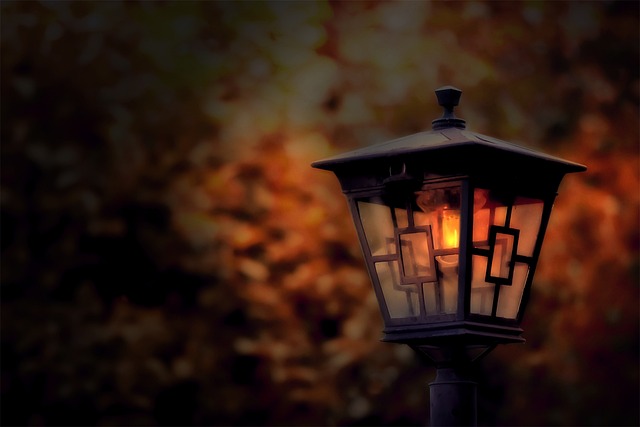
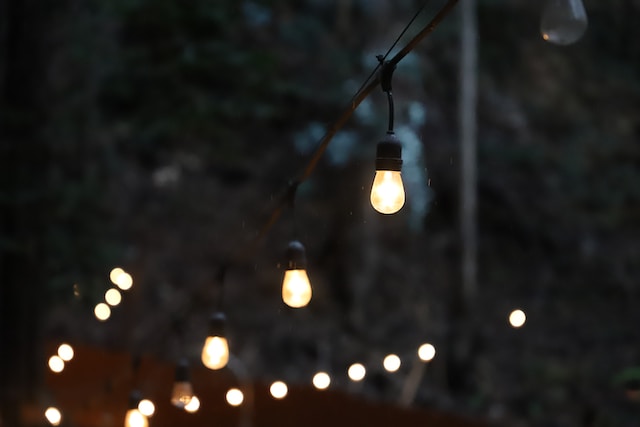

 Accessing sufficient capital to purchase properties, especially for first-time investors, can be a roadblock. Lenders often have stringent lending criteria, and investors may struggle to qualify for loans or secure favorable interest rates. Explore various financing options, including traditional mortgages, private lenders, partnerships, or real estate crowdfunding. Building a strong credit history and financial profile can improve your chances of obtaining favorable financing terms.
Accessing sufficient capital to purchase properties, especially for first-time investors, can be a roadblock. Lenders often have stringent lending criteria, and investors may struggle to qualify for loans or secure favorable interest rates. Explore various financing options, including traditional mortgages, private lenders, partnerships, or real estate crowdfunding. Building a strong credit history and financial profile can improve your chances of obtaining favorable financing terms. Inadequate research and due diligence can lead to poor investment decisions. Failing to conduct thorough market research and due diligence can result in purchasing properties with hidden issues, such as structural problems, zoning restrictions, or environmental concerns. Ignoring these challenges can lead to financial losses. Prioritize comprehensive due diligence before investing in any property.
Inadequate research and due diligence can lead to poor investment decisions. Failing to conduct thorough market research and due diligence can result in purchasing properties with hidden issues, such as structural problems, zoning restrictions, or environmental concerns. Ignoring these challenges can lead to financial losses. Prioritize comprehensive due diligence before investing in any property.
 Freestanding wine coolers are the most versatile option for those who want flexibility in their wine storage solutions without getting stressed out installing them. These standalone units can be placed in almost every corner of your home, from your kitchen to your dining area or even in a designated cellar space. Thanks to their portability, you have the freedom to move them around as needed, making it easy to rearrange your living spaces or take them with you if you decide to move houses.
Freestanding wine coolers are the most versatile option for those who want flexibility in their wine storage solutions without getting stressed out installing them. These standalone units can be placed in almost every corner of your home, from your kitchen to your dining area or even in a designated cellar space. Thanks to their portability, you have the freedom to move them around as needed, making it easy to rearrange your living spaces or take them with you if you decide to move houses.


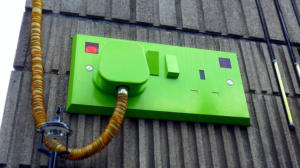 For new pet parents, cord protectors are essential to keep your furry friend safe from electrical hazards. Puppies and kittens especially love to chew on cords, which can lead to electric shock or even death. Investing in cord protectors is an easy and cost-effective way to avoid these dangers.
For new pet parents, cord protectors are essential to keep your furry friend safe from electrical hazards. Puppies and kittens especially love to chew on cords, which can lead to electric shock or even death. Investing in cord protectors is an easy and cost-effective way to avoid these dangers. Guys, there are always times when we need to create boundaries in our homes to keep them safe. This is where dog gates come in handy. These adjustable barriers can block off areas that may be dangerous for your pet, such as stairs or rooms with hazardous items like cleaning supplies.
Guys, there are always times when we need to create boundaries in our homes to keep them safe. This is where dog gates come in handy. These adjustable barriers can block off areas that may be dangerous for your pet, such as stairs or rooms with hazardous items like cleaning supplies.
 Outdoor rugs can also be used to create a defined space on your deck or
Outdoor rugs can also be used to create a defined space on your deck or  Another great reason to purchase an outdoor rug is for the comfort factor. If you have a hard surface like concrete or stone, an outdoor rug can make it much more comfortable to walk barefoot. Outdoor rugs also add cushioning, which is great for sitting on or lying down.
Another great reason to purchase an outdoor rug is for the comfort factor. If you have a hard surface like concrete or stone, an outdoor rug can make it much more comfortable to walk barefoot. Outdoor rugs also add cushioning, which is great for sitting on or lying down.
 One of the best ways to make your patio feel homier is to add some comfortable furniture. This could be a couple of chairs, a loveseat, or even a small couch. If you have the space, adding a fire pit or outdoor fireplace is also a great way to make your patio more inviting. Make sure you choose durable furniture that can withstand the elements. This is because you want to be able to enjoy your patio for many years to come.
One of the best ways to make your patio feel homier is to add some comfortable furniture. This could be a couple of chairs, a loveseat, or even a small couch. If you have the space, adding a fire pit or outdoor fireplace is also a great way to make your patio more inviting. Make sure you choose durable furniture that can withstand the elements. This is because you want to be able to enjoy your patio for many years to come. Finally, another great way to make your patio homier is to add some accessories. This could be anything from some outdoor rugs to some lanterns or string lights. By adding a few personal touches, you can really make your patio feel like an extension of your home. This is something that we always like to do when we are decorating our patio. We add some rugs, pillows, and a few throws to make it feel cozier. And we added some lanterns and string lights for a bit of ambiance.
Finally, another great way to make your patio homier is to add some accessories. This could be anything from some outdoor rugs to some lanterns or string lights. By adding a few personal touches, you can really make your patio feel like an extension of your home. This is something that we always like to do when we are decorating our patio. We add some rugs, pillows, and a few throws to make it feel cozier. And we added some lanterns and string lights for a bit of ambiance.

 Another easy way to maintain your landscape. It includes keeping your grass trimmed and green and pulling any weeds that may have popped up. You should also trim any bushes or shrubs and prune any dead branches from trees. These small things can make a big difference in the overall appearance of your home. Also, you can add some flowers and plants. Adding a few potted plants to your front porch or landscaping can brighten your home’s appearance. You could also plant some annuals or perennials in your yard to add color and life. Choose plants that are appropriate for your climate and will thrive in the conditions you have.
Another easy way to maintain your landscape. It includes keeping your grass trimmed and green and pulling any weeds that may have popped up. You should also trim any bushes or shrubs and prune any dead branches from trees. These small things can make a big difference in the overall appearance of your home. Also, you can add some flowers and plants. Adding a few potted plants to your front porch or landscaping can brighten your home’s appearance. You could also plant some annuals or perennials in your yard to add color and life. Choose plants that are appropriate for your climate and will thrive in the conditions you have.
 Once you’ve set a budget and timeframe, it’s time to find the best builder for the job. This is one of the most important steps in the construction process. Be sure to get quotes from multiple builders before making your final decision. It’s also important to read reviews and check references. By finding the best builder, you can save yourself a lot of money and headaches down the road. Building a home is a huge investment, so you want to ensure that you’re working with the best possible team. Be sure to research and find a builder that you can trust.
Once you’ve set a budget and timeframe, it’s time to find the best builder for the job. This is one of the most important steps in the construction process. Be sure to get quotes from multiple builders before making your final decision. It’s also important to read reviews and check references. By finding the best builder, you can save yourself a lot of money and headaches down the road. Building a home is a huge investment, so you want to ensure that you’re working with the best possible team. Be sure to research and find a builder that you can trust.
 If you’re hiring a contractor, always check to see that they have the proper insurance. This includes workers’ compensation and liability insurance. You can usually ask to see a certificate of insurance before work begins. Most importantly, check the dates on the policy to make sure it is active and up-to-date.
If you’re hiring a contractor, always check to see that they have the proper insurance. This includes workers’ compensation and liability insurance. You can usually ask to see a certificate of insurance before work begins. Most importantly, check the dates on the policy to make sure it is active and up-to-date. The first thing you should do is find out what liability insurance your state requires contractors to have. Each state has different requirements, but most states require contractors to have at least $500,000 in liability insurance. You should also require workers’ compensation insurance if they have any employees working for them. Once you know the minimum insurance requirements for your state, you can decide if you want to require your contractors to have more insurance than the state requires. It is not uncommon for companies to require their contractors to have $500,000 in general liability insurance and $500,000 in workers’ compensation insurance.
The first thing you should do is find out what liability insurance your state requires contractors to have. Each state has different requirements, but most states require contractors to have at least $500,000 in liability insurance. You should also require workers’ compensation insurance if they have any employees working for them. Once you know the minimum insurance requirements for your state, you can decide if you want to require your contractors to have more insurance than the state requires. It is not uncommon for companies to require their contractors to have $500,000 in general liability insurance and $500,000 in workers’ compensation insurance.
 One of the main reasons natural products are thought to be better for babies is that their skin is much more sensitive than adults. The skin of a child is less mature, and therefore it is more susceptible to harmful elements, such as chemicals and pollutants. This means that using traditional baby products which contain harsh chemicals can be potentially dangerous to a child. Another reason why natural products may be better for babies is that they are generally safer than traditional ones.
One of the main reasons natural products are thought to be better for babies is that their skin is much more sensitive than adults. The skin of a child is less mature, and therefore it is more susceptible to harmful elements, such as chemicals and pollutants. This means that using traditional baby products which contain harsh chemicals can be potentially dangerous to a child. Another reason why natural products may be better for babies is that they are generally safer than traditional ones.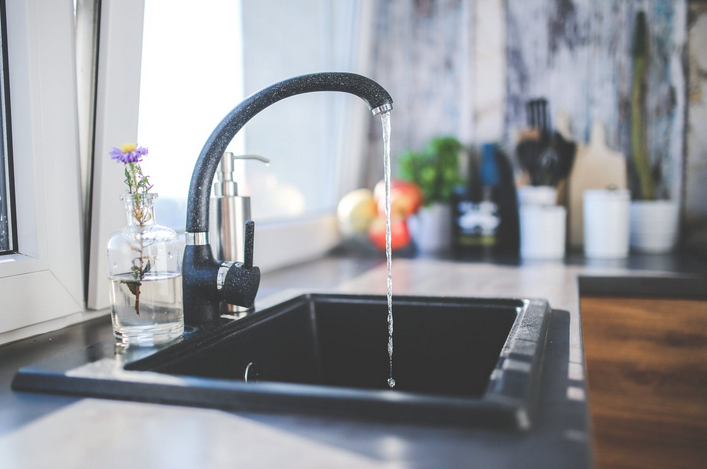
 One of the biggest benefits of having well water is that it is less likely to contain lead or other heavy metals. This is because well water typically comes from underground, while lead pipes and industrial runoff can contaminate municipal water supplies.
One of the biggest benefits of having well water is that it is less likely to contain lead or other heavy metals. This is because well water typically comes from underground, while lead pipes and industrial runoff can contaminate municipal water supplies.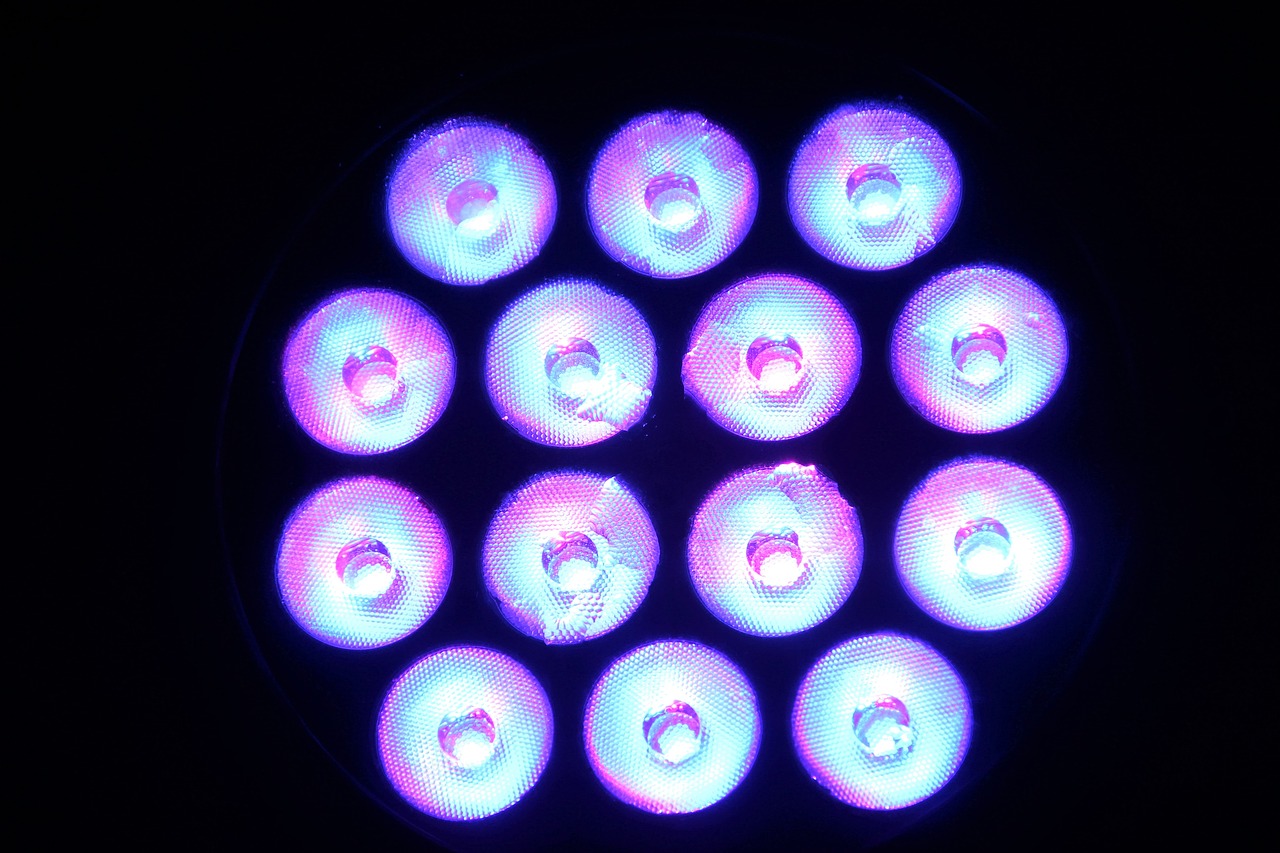
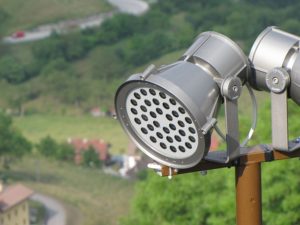 There are three different types of lights for LED grow light: blue light, red light, and white light. Each type of light has another function in terms of plant growth. The blue light is good for the vegetative stage of plant growth. This type of LED grows light helps to produce more leaves and branches. It also increases the plant’s photosynthesis. The red light is best for flowering plants. It helps produce more giant flowers and fruits, especially when it comes to cannabis plants or tomatoes! The blue-red ratio should be around 20:80, emphasizing the red LED lights to stimulate flower growth properly. Other than that, you can use the red light can to increase soil temperature.
There are three different types of lights for LED grow light: blue light, red light, and white light. Each type of light has another function in terms of plant growth. The blue light is good for the vegetative stage of plant growth. This type of LED grows light helps to produce more leaves and branches. It also increases the plant’s photosynthesis. The red light is best for flowering plants. It helps produce more giant flowers and fruits, especially when it comes to cannabis plants or tomatoes! The blue-red ratio should be around 20:80, emphasizing the red LED lights to stimulate flower growth properly. Other than that, you can use the red light can to increase soil temperature.
 Water heating is one of the most significant energy expenses in the home. If you have hard water, you may be spending more money than necessary on heated water because of all the scaling that is happening internally in your water heater. By installing a water softener system, you can eliminate excess calcium and magnesium from your home’s pipes which will prevent scaling in the future. This means that your bills are likely to go down!
Water heating is one of the most significant energy expenses in the home. If you have hard water, you may be spending more money than necessary on heated water because of all the scaling that is happening internally in your water heater. By installing a water softener system, you can eliminate excess calcium and magnesium from your home’s pipes which will prevent scaling in the future. This means that your bills are likely to go down!
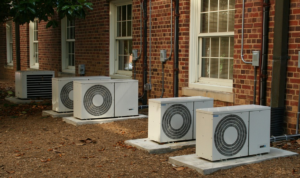 The first way you can find a reliable AC maintenance service provider is through word of mouth. You can talk to some of your friends, neighbors, workmates, and family members and ask for references for any reliable AC maintenance service. As most homes have an AC, you can be sure of getting more than one reference from someone close to you.
The first way you can find a reliable AC maintenance service provider is through word of mouth. You can talk to some of your friends, neighbors, workmates, and family members and ask for references for any reliable AC maintenance service. As most homes have an AC, you can be sure of getting more than one reference from someone close to you. The internet has become a significant part of the lives of many homeowners, with many homes being connected to it. It is high time you utilize the internet to help you choose the best aircon maintenance company. With more companies having an online presence, you can effortlessly google the many aircon services operating in your city, state, or country. You will be guaranteed to find many results online, and you have to narrow down your options to make the right choice.
The internet has become a significant part of the lives of many homeowners, with many homes being connected to it. It is high time you utilize the internet to help you choose the best aircon maintenance company. With more companies having an online presence, you can effortlessly google the many aircon services operating in your city, state, or country. You will be guaranteed to find many results online, and you have to narrow down your options to make the right choice.
 Before starting your journey, it’s essential to ask the companies that gave out your mortgage and any other financial accounts how they handle international transactions. Ask for these types of transactions, this is another cost that may need to be factored into budgeting for your trip. Ask if it is ok if you are going to travel with occurring payments from these companies. If they have any other limitations, then ask to what extent this would be allowed.
Before starting your journey, it’s essential to ask the companies that gave out your mortgage and any other financial accounts how they handle international transactions. Ask for these types of transactions, this is another cost that may need to be factored into budgeting for your trip. Ask if it is ok if you are going to travel with occurring payments from these companies. If they have any other limitations, then ask to what extent this would be allowed. It is a good idea to make all of your payments from the place you are traveling in and any other financial accounts you have with companies that may also be affected. This way, if anything goes wrong, they can’t say it was an international transaction. Make sure that you keep receipts when paying your mortgage. This way, if anything goes wrong, you have documentation that will help sort it out.
It is a good idea to make all of your payments from the place you are traveling in and any other financial accounts you have with companies that may also be affected. This way, if anything goes wrong, they can’t say it was an international transaction. Make sure that you keep receipts when paying your mortgage. This way, if anything goes wrong, you have documentation that will help sort it out.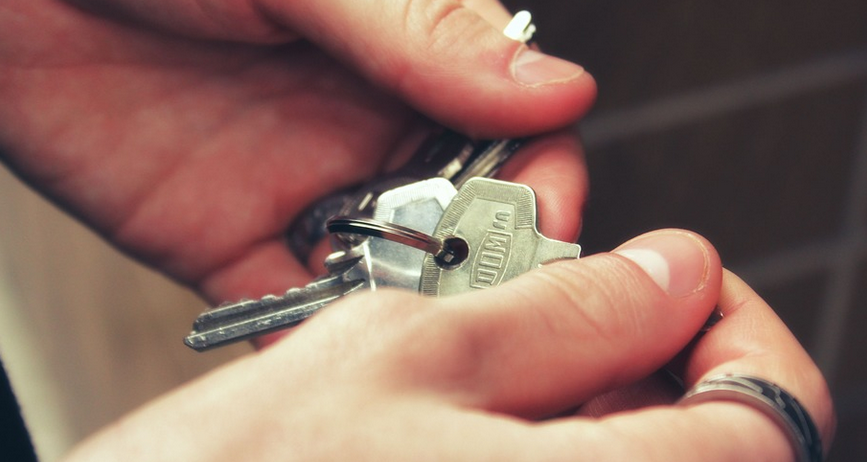 If possible, don’t rent your house or property while you are gone. If there is any damage to the home when you return, then the landlord may charge fees for damages, and this would not be something that you would want to have happened. If this is something that you cannot avoid, then make sure your renter has a checklist of things they need to do and inspect the home for any damage when they leave.
If possible, don’t rent your house or property while you are gone. If there is any damage to the home when you return, then the landlord may charge fees for damages, and this would not be something that you would want to have happened. If this is something that you cannot avoid, then make sure your renter has a checklist of things they need to do and inspect the home for any damage when they leave.